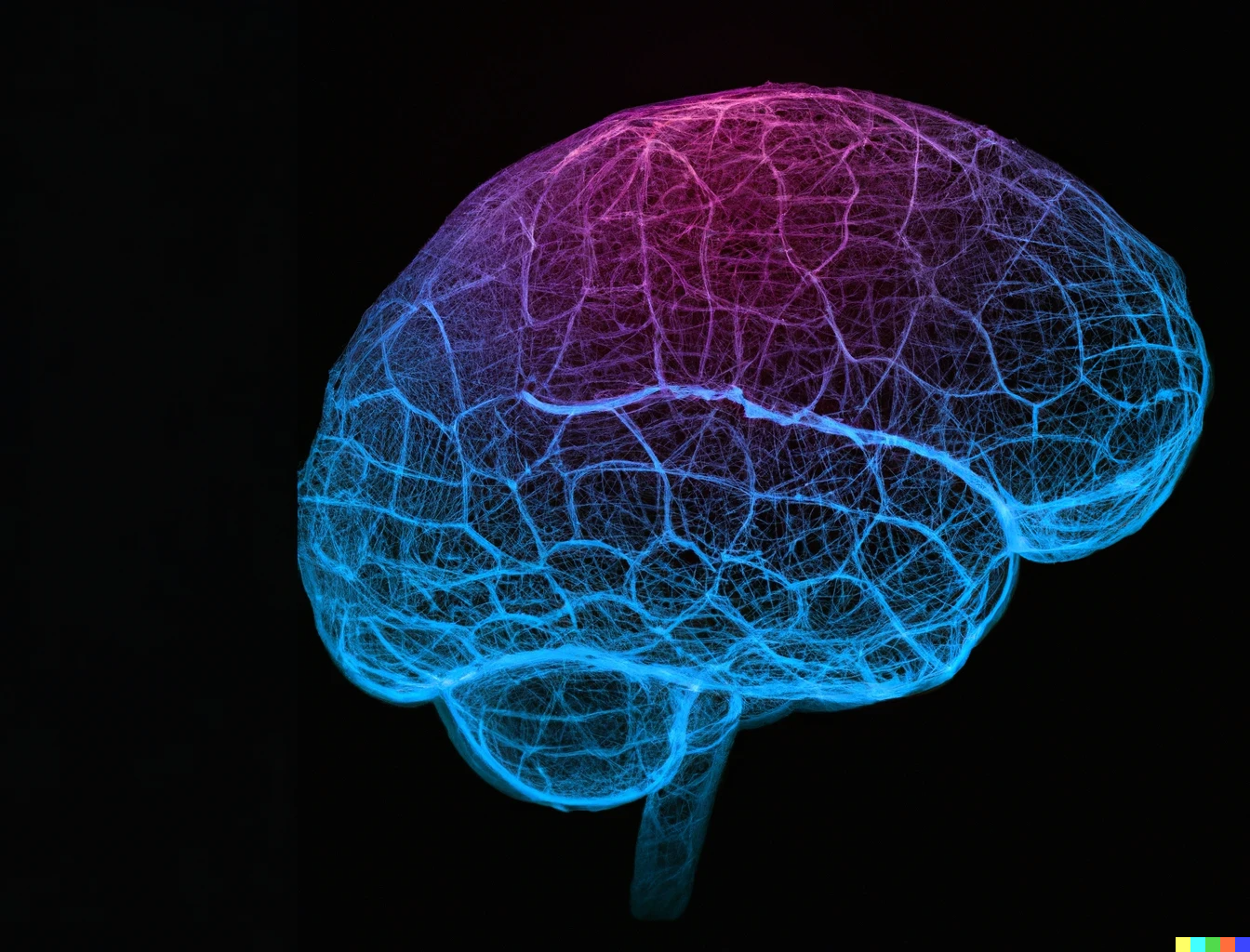Our Mission

Our lab focuses on identifying the neuroanatomical substrate for symptoms common in autism and other neurodevelopmental conditions with a goal of direct translation into possible targets for noninvasive treatment modalities, e.g., TMS and/or fMRI-based neurofeedback.
This entails three interactive research arms:
-
Generation of circuit-based hypotheses for specific symptoms from cohorts with lesions, tubers, tumor resections, etc.
-
Validation of these localizations through prospective neuroimaging study of patients with neurodevelopmental disorders with similar symptoms, and
-
Testing whether this circuit can be modulated through non-invasive therapy, e.g., behavioral, fMRI-neurofeedback, or potentially TMS-based interventions.